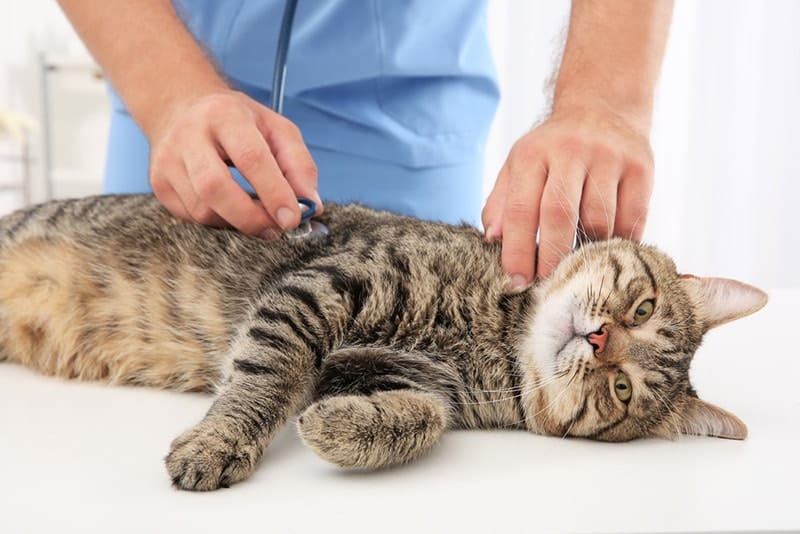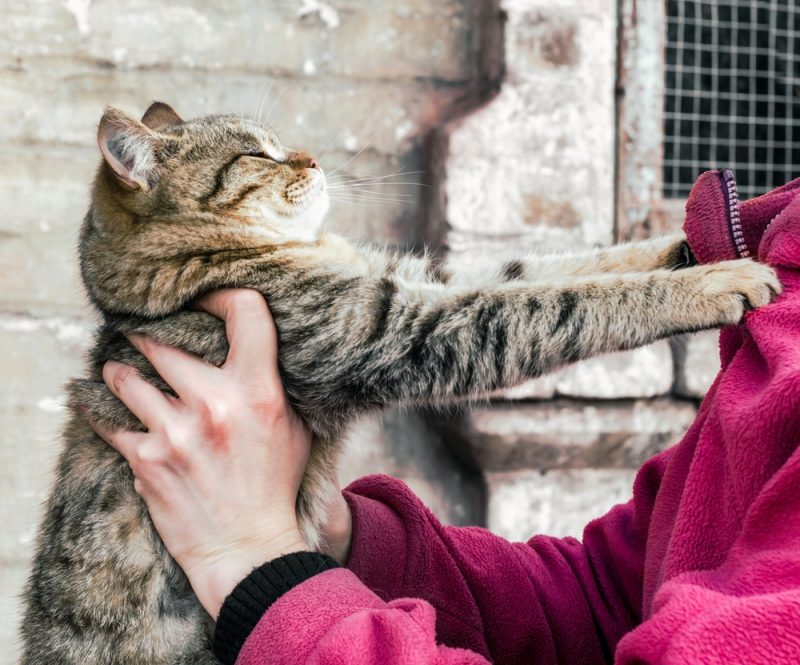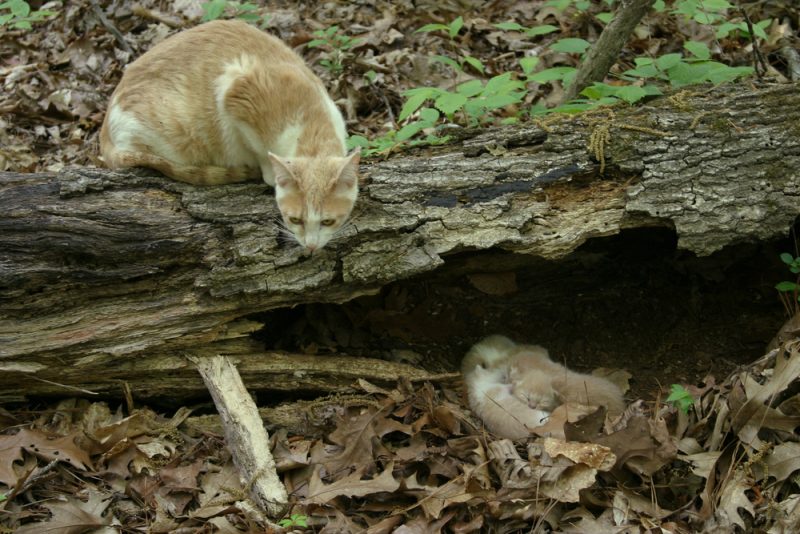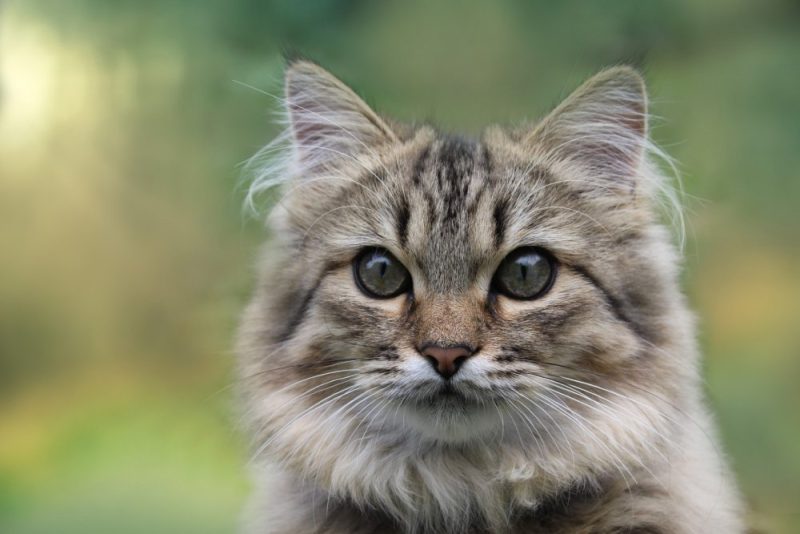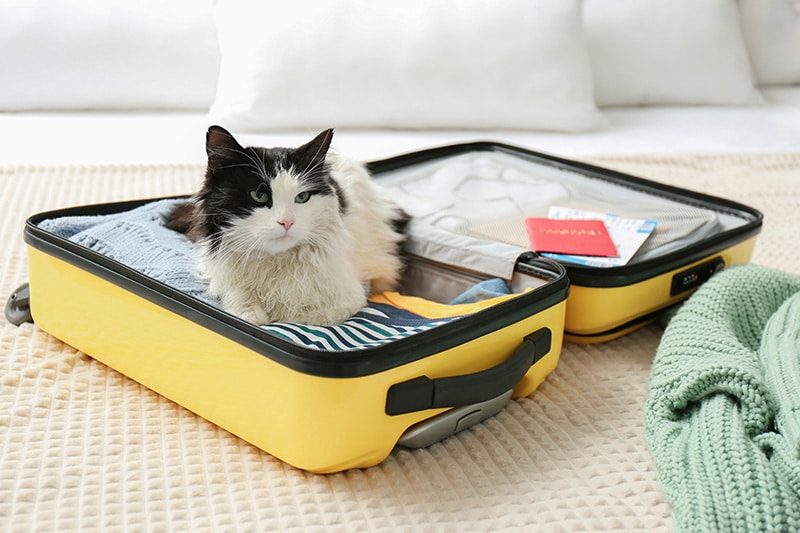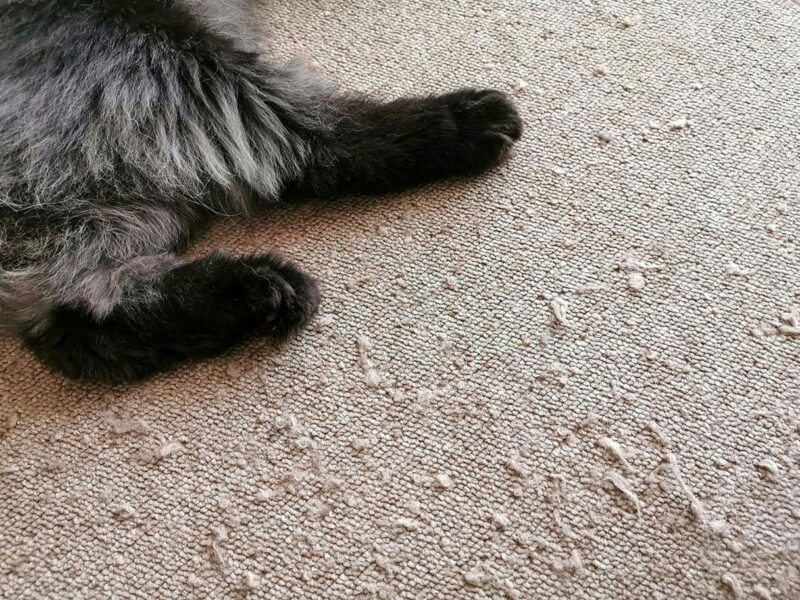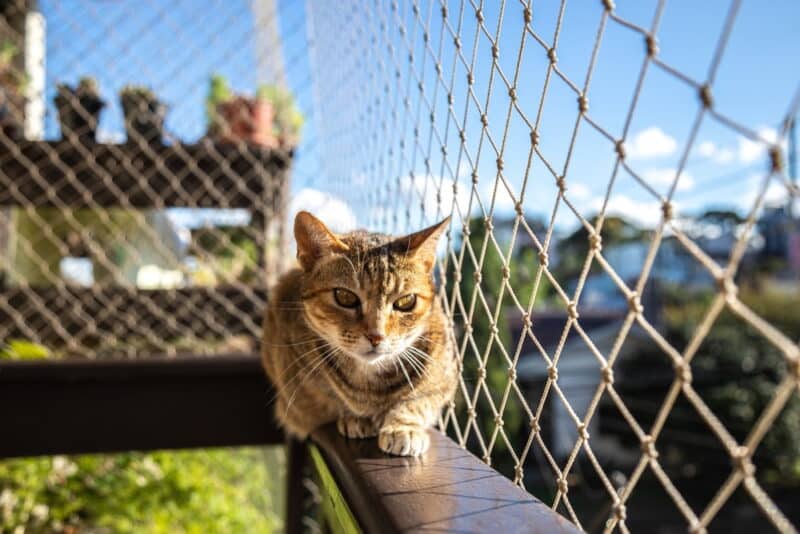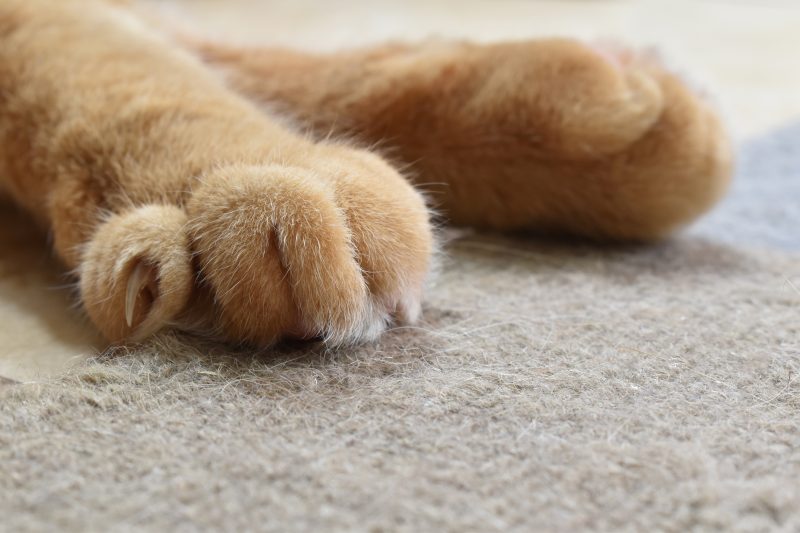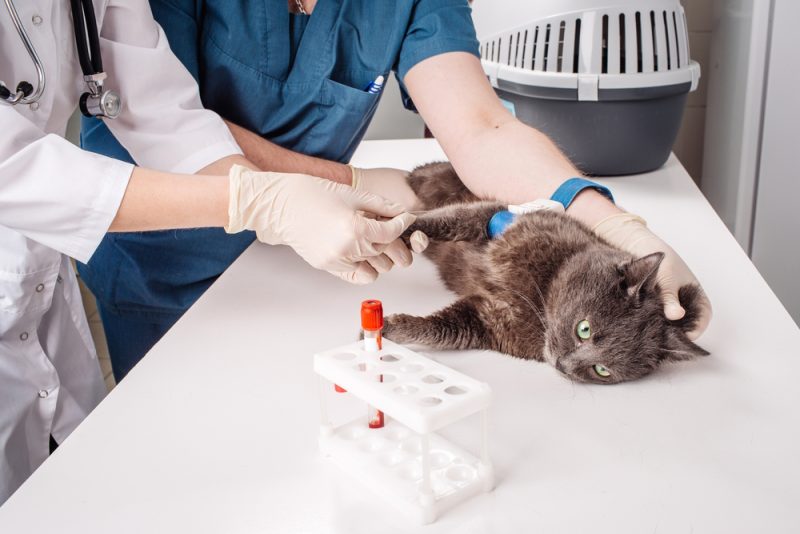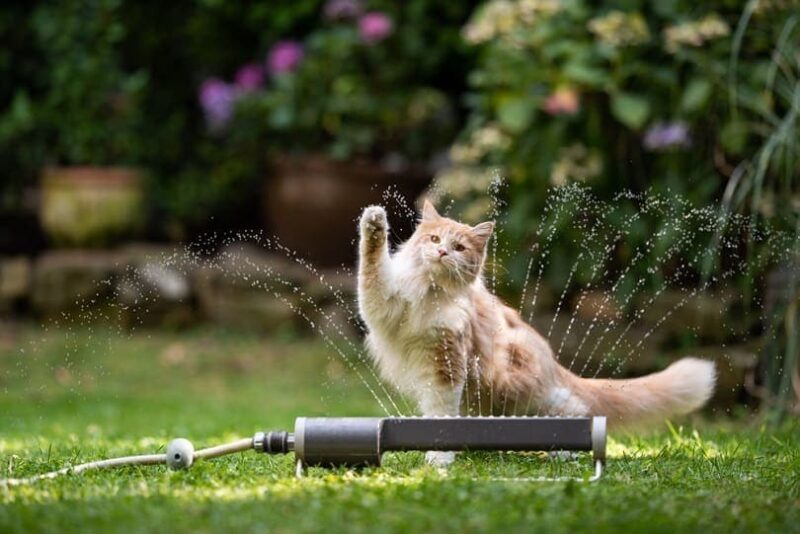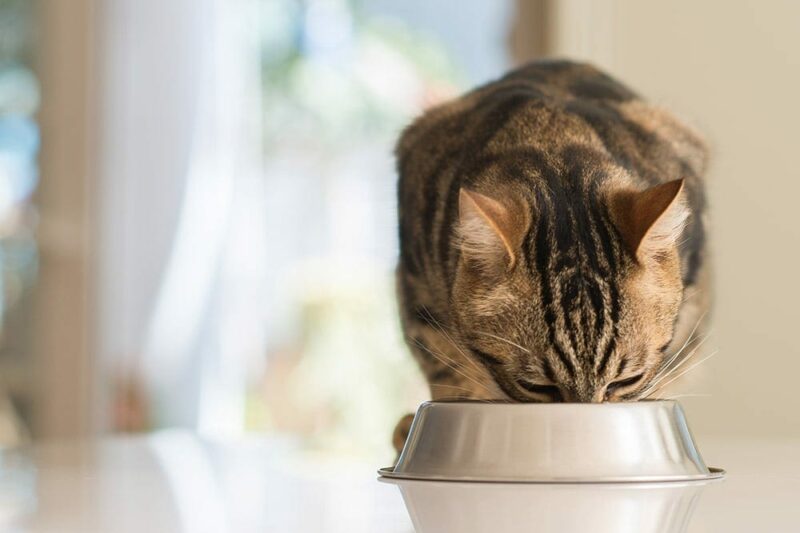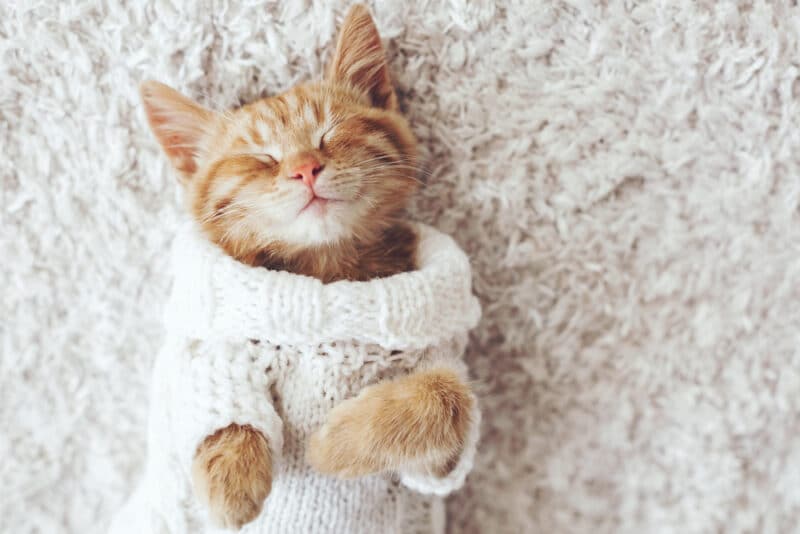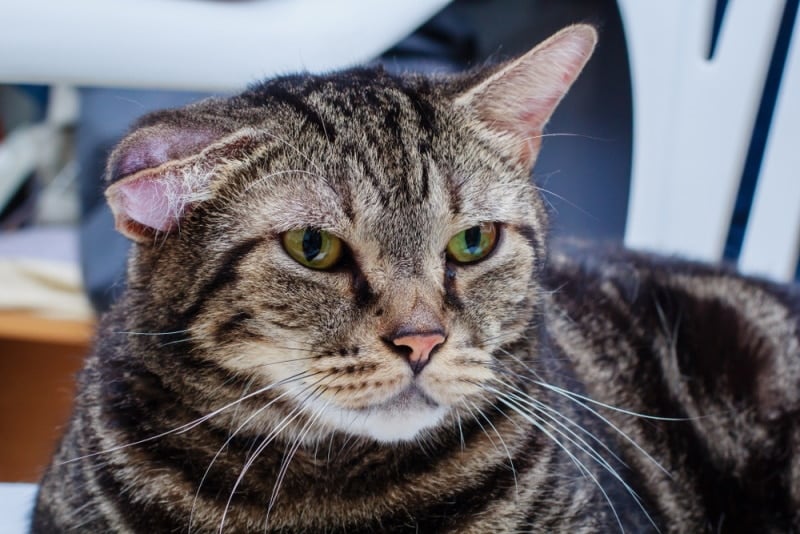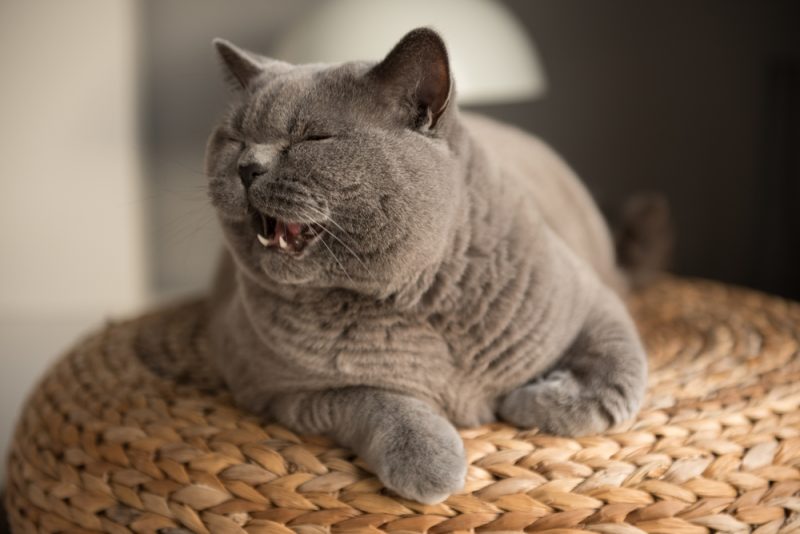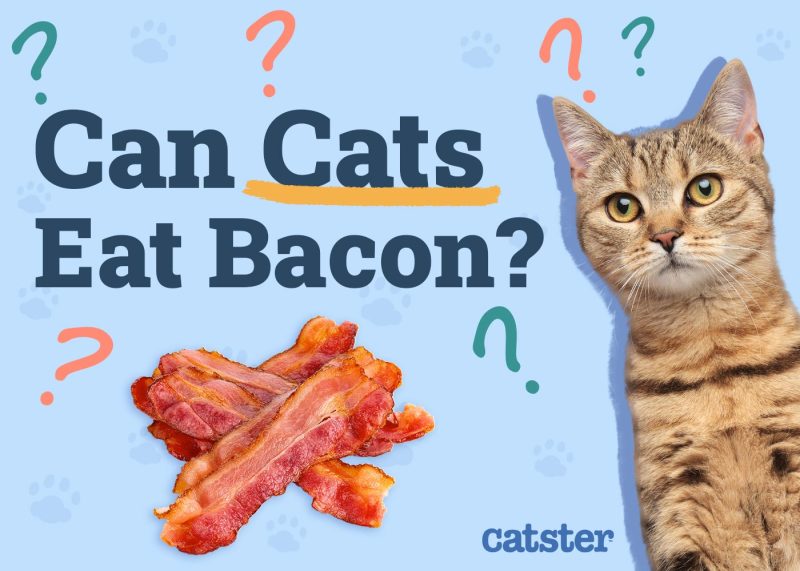In this article
View 3 More +One of the most common (and hardest to answer) questions that a vet gets asked when their cat receives a disease diagnosis is, “How long will they live?”
The trouble is that survival rates for many feline health issues, including hypertrophic cardiomyopathy (HCM), are highly variable. Some cats with HCM won’t ever develop signs and may live normally for many years, others that do develop signs may only live for 1 or 2 years, and still others may progress rapidly and die suddenly. Since this condition is not reversible, it all depends on various factors, which we look at here in this article.

What Is Hypertrophic Cardiomyopathy in Cats?
In the most basic terms, the heart is a hollow bundle of muscles with the inside divided into four chambers. The top two are the atria, which take in blood from the body or lungs and then move it to the ventricles. These are the two bottom and biggest chambers, with the right side pumping blood to the lungs and the left side pumping blood to the rest of the body.
In HCM, the muscular walls of these chambers thicken, either diffusely or in certain areas. While bigger muscles usually equate to stronger muscles, in the case of the heart, the thickening of the walls decreases the size of the chamber, decreasing the amount of blood that it can pump with each beat and decreasing the amount that the heart muscle can relax to fill with blood that will then be pumped out.
This is problematic in many ways. First, all tissues of the body need blood to provide them with oxygen and nutrients. To keep the blood flowing, the heart rate typically increases so it can try to maintain ample blood flow. This is fine for a while, but imagine if these were leg muscles and you were asked to run for an extended period of time (i.e., a lifetime). So, those hard-working heart muscles start to need more nutrients, which requires more blood flow and more output from the heart. Keeping up this cycle can damage the heart muscle, which can lead to further blood output troubles.
Second, blood hangs out in the left atrium longer because it can’t be moved to the left ventricle as efficiently. This can lead to a backup of fluids into the lungs, making breathing difficult and increasing the possibility for blood clots to form and then cause damage in other parts of the body.
All these changes are progressive, which means they tend to get worse as time goes on. This makes HCM most common in adult or older cats, but it’s not unheard of in kittens. Breeds like Maine Coons, Ragdolls, and Persians are more commonly affected.
What Triggers Hypertrophic Cardiomyopathy in Cats?
In certain breeds, HCM is caused by known genetic mutations that affect how the heart muscle contracts. In other breeds, there may be a genetic component that has yet to be discovered, or we’re looking at an unknown cause.
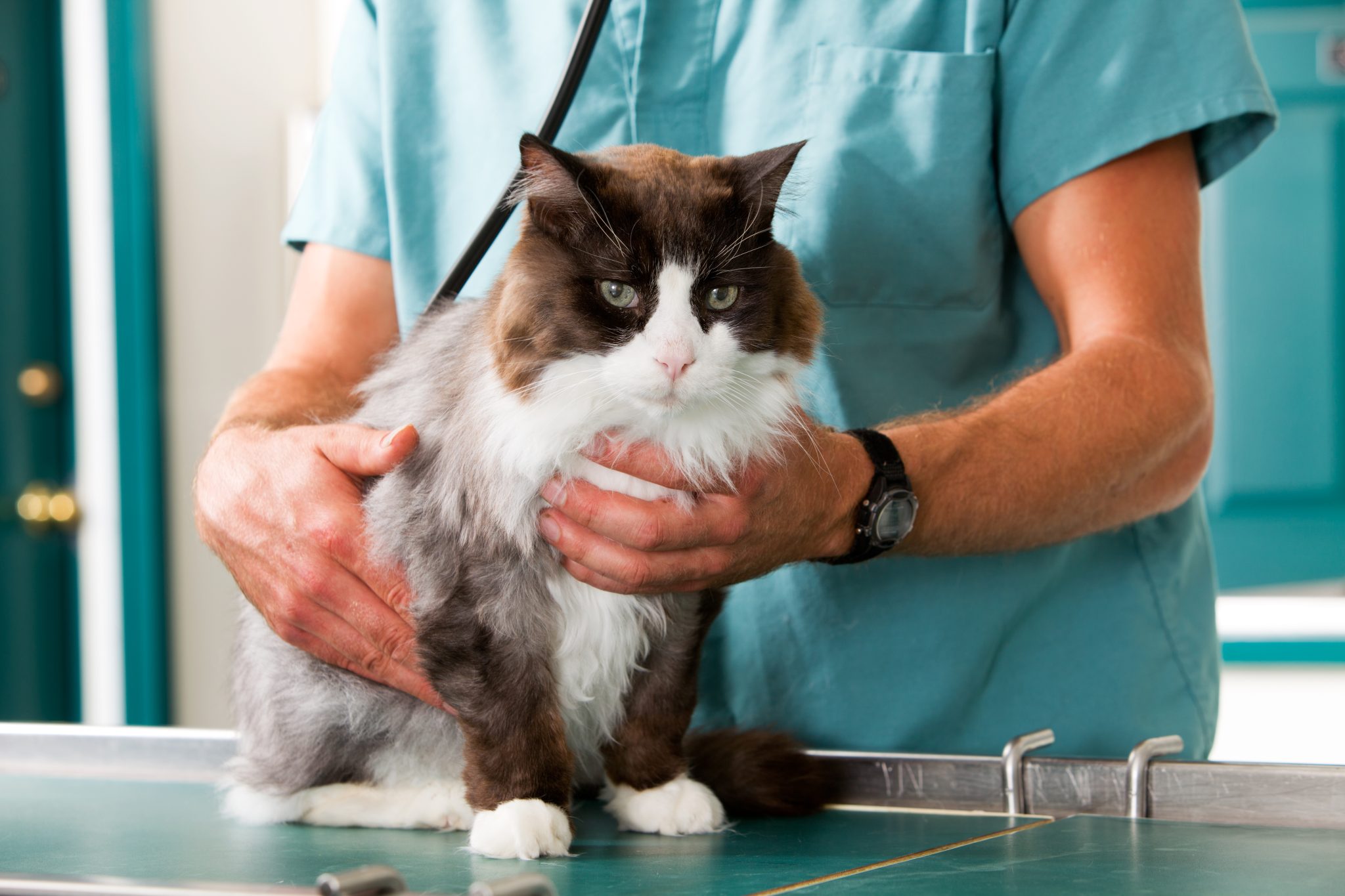

What Are the Signs of Hypertrophic Cardiomyopathy in Cats?
If the disease progresses slowly enough, over half of affected cats won’t present with any signs. Others may have lethargy or not want to eat as much until the heart can’t compensate anymore. At that point, they may develop congestive heart failure, complete with difficulty breathing, weakness, and not wanting to exercise because of fluid building up in their lungs.
Some cats may develop a thromboembolism, which is a blood clot that forms in the heart and then becomes lodged in a vessel somewhere else in the body, most commonly, the distal aorta that supplies blood to the hind legs. This is known as a saddle thrombus and can cause pain and paralysis in the hind legs.
Can Hypertrophic Cardiomyopathy in Cats Be Treated?
Cats showing signs of HCM can be treated to help them live longer and more comfortable lives. Treatment is not a cure but can often help decrease clinical signs. It includes medications to help reduce fluid in the lungs, regulate the heart rate, and reduce blood clots. Cats that don’t show signs often don’t need treatment but should be monitored regularly.
How Fast Does Hypertrophic Cardiomyopathy Progress?
HCM is progressive, which means it gets worse over time. But how much worse and how fast? That all depends on each individual kitty. Some lucky ones will have the disease slowly chugging along for most of their lives and never show any signs. Others may notice a gradual onset of labored or rapid breathing, along with not wanting to chase toys or climb their cat trees anymore. In still other cases, an owner’s first and only indication of an issue may be that their cat is screaming in pain and can’t use their hindlegs one morning or even worse: sudden death.
Cats that are showing signs of congestive heart failure or a thromboembolism have HCM that has progressed rather rapidly. This also equates to a poorer prognosis and shorter lifespan. Depending on the severity, treatment can help combat the signs and discomfort of the disease, but unfortunately, it can’t slow the progression.
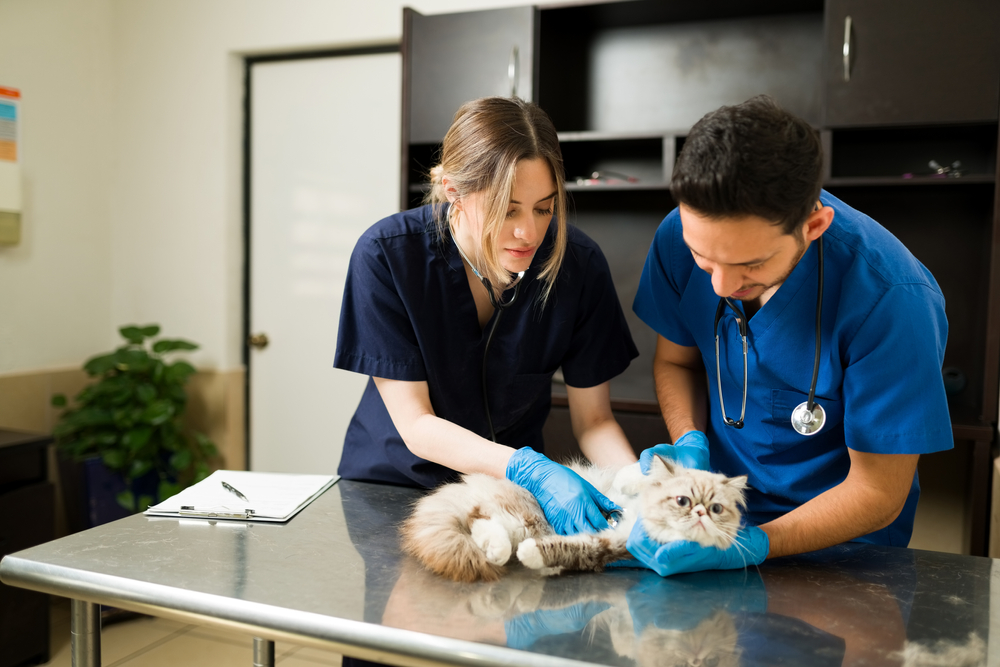

How Can I Help My Cat With Hypertrophic Cardiomyopathy?
Early diagnosis and treatment can help some cats with HCM live more comfortable lives. Treatment won’t necessarily decrease the progression of the disease, but it can help reduce the signs to improve your cat’s quality of life.
With this in mind, be sure to see your vet anytime you notice any alterations in your cat’s behavior, such as lethargy or a change in appetite. Definitely visit the vet if you notice your cat having difficulty breathing, not wanting to exercise, and of course, experiencing paralysis or pain in their hind legs.
From there, follow your veterinarian’s instructions, and administer any prescribed medications, dietary changes, or exercise regimes. Seek regular follow-ups for continued monitoring of the disease and to make changes to the treatment plan.
If you need to speak with a vet but can't get to one, head over to PangoVet. It's an online service where you can talk to a vet online and get the advice you need for your pet — all at an affordable price!

Are Cats With HCM in pain?
Since most cats with HCM don’t show any signs, you can assume that they’re not in pain. Those who do have clinical signs may or may not be in pain. Congestive heart failure isn’t necessarily painful, but it can be uncomfortable, as fluid in the lungs makes it difficult to breathe, which makes it difficult to play, walk to the litter box, and sometimes, even sleep.
A thromboembolism can be quite painful. Cats with a saddle thrombus may scream in pain, and they may not be able to use their hind legs. A thromboembolism is an emergency situation, so you should seek veterinary care immediately.
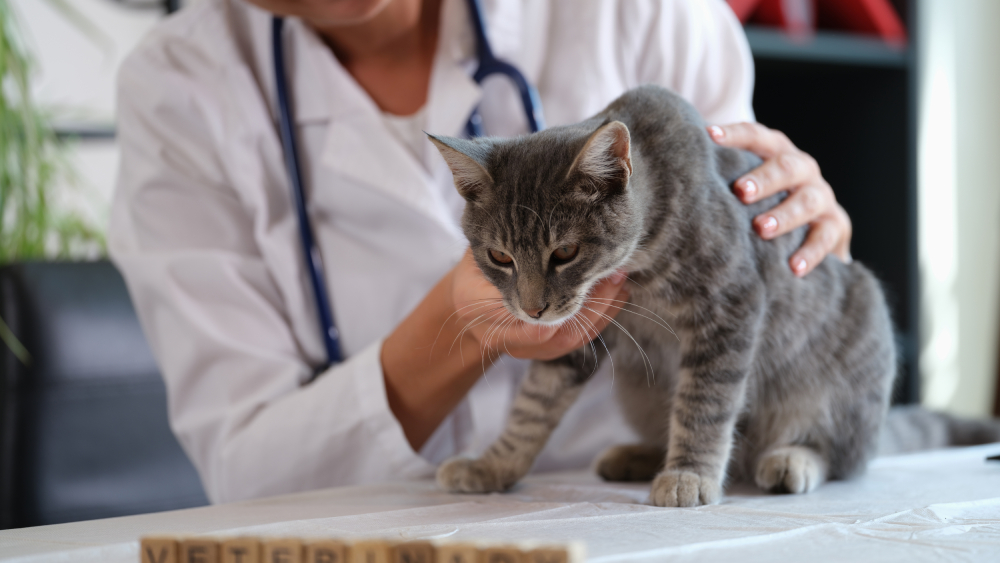

Conclusion
There is no fixed answer for how long a cat will live with HCM. Many cats that don’t have any clinical signs will live normal lives with a typical life expectancy. Others that start to show signs of congestive heart failure may only live a year or two with medical management. Cats that happen to develop a thromboembolism may live just a few months or less. Since we just don’t know how long a cat will live with this diagnosis, seeking frequent and regular veterinary care is essential to ensure that your feline friend has the quality of life that they deserve for as long as possible.
Featured Image Credit: Africa Studio, Shutterstock
